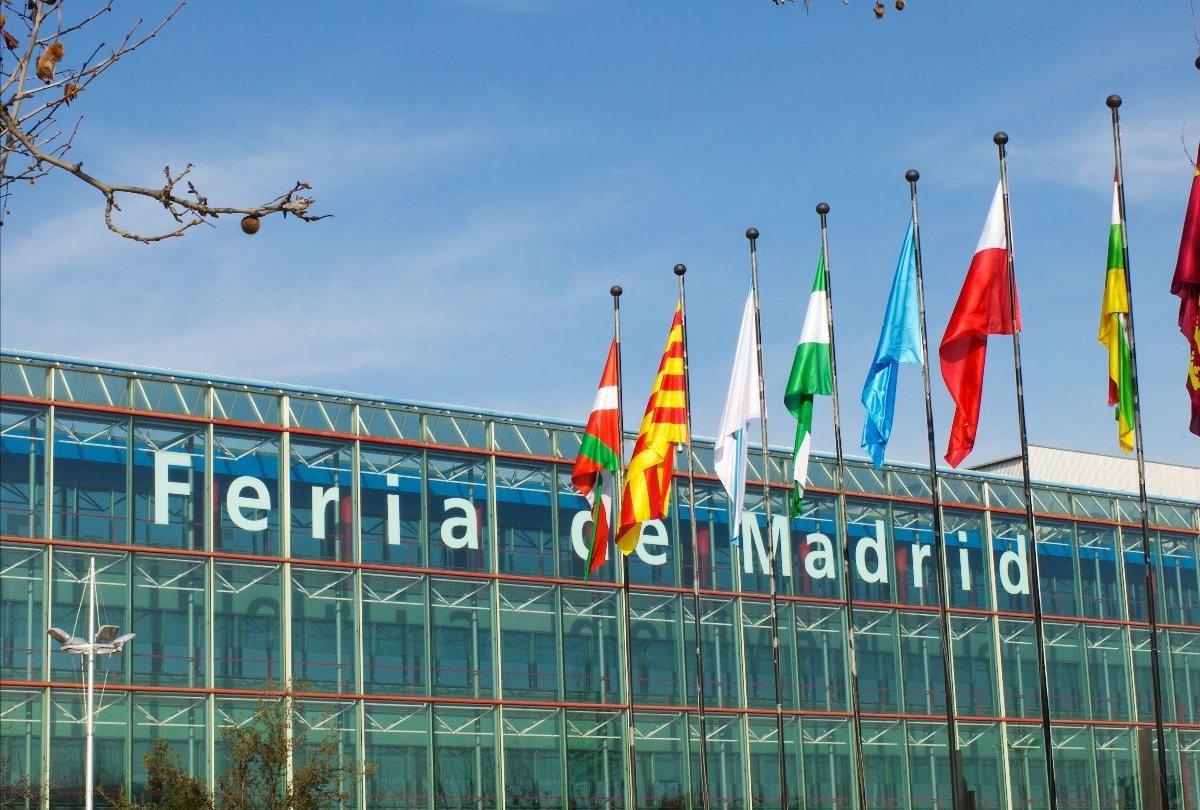Business unites behind the science – with ambitious policies it can deliver
The We Mean Business coalition
Businesses from around the world and all different sectors are uniting behind the science. To date well over 100 leading companies have signed a pledge, committing to cut emissions in line with what science says is necessary to limit global warming to a maximum of 1.5ºC and reach net-zero emissions by 2050.
These companies include those that have been at the forefront of leading climate action since the formation of the Paris Agreement, including one of the world’s largest consumer goods companies Unilever and the world’s largest furniture retailer Ingka Group (IKEA). But also companies from traditionally high-emitting sectors, such as truck maker Scania, India’s Dalmia Cement and Spanish power utility Iberdrola.
“Business has a vital role to play in limiting global warming and building the net-zero carbon economy of the future,” said Scania’s President and CEO, Henrik Henriksson. “We need to continue this work and we need to make sure that others join us,” he added.
These businesses – and the wider group of the 1,070+ that are committed to bold climate action through the We Mean Business coalition partners’ initiatives – are sending a powerful message to all governments: business stands ready to do all they can to take action on climate change.
Leading businesses recognize that the only viable future is zero-carbon, but the transition is not happening fast enough. They are now calling for more help from policy makers to accelerate the transition. Acting together can help create growth and jobs, while protecting citizens and the environment from the growing impacts of climate change. But a failure to act will only increase costs and risks will only escalate.
Now is the time to deliver the most ambitious goals of the Paris Agreement and limit global warming to a maximum of 1.5°C.
The science is unequivocal. As the IPCC’s special report on 1.5ºC shows, every fraction of a degree of greater warming significantly worsens the risks associated with climate change, including poverty for millions of people and further damage to the stressed ecosystems on which we all rely.
The economic case for action is beyond doubt. The good news is that this transition can unlock new economic opportunities and help to create jobs. A report from the New Climate Economy shows that shifting to a low-carbon economy could create a $26 trillion growth opportunity and 65 million new jobs by 2030.
This is the moment for us all to push for greater progress – with business and government acting together to accelerate the transition to the zero-carbon economy.

